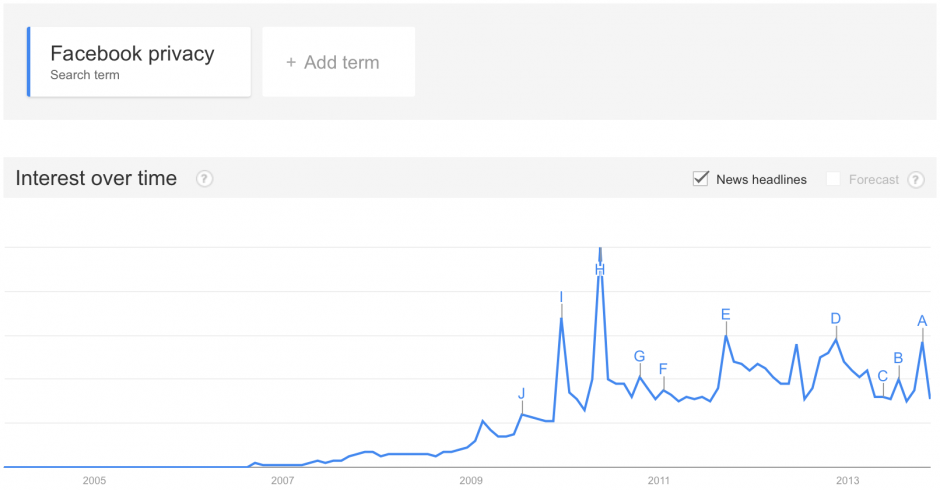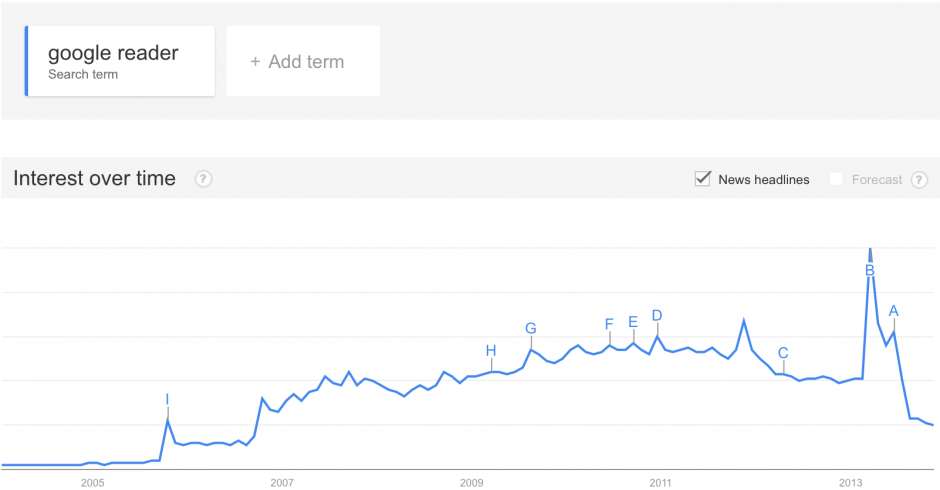Resistance is Futile or: GenTriFicatiOn
The vocal minority. You’ve heard of them, but who are they?
Companies often seek to change their status quo by modifying how they do business. Generally, this is a nice way of saying just they want more. More what, you ask? Traditionally, it would have meant they simply want more money, as in raising the cost of the goods they are selling (or lowering the cost that they will pay to suppliers or partners). These of course are done to increase revenue, or decrease operating expenses, respectively.
In today’s world, personally identifiable information (PII) isn’t just data, but instead is a currency which is invaluable to advertisers. While Google was the first to really succeed in this economy (of sorts), Facebook, Adobe, Microsoft, and anybody else with skin in the Internet advertising or analytics game is in the same position today. For these companies, their ask is an ever increasing cross-section of your identity. In exchange, they offer you “free” services. However, like any other business, they want an ever-increasing amount of your personal information in order to continue delivering that service. We’ve seen it with Facebook and their PII land grabs really beginning in earnest in 2010, and we’re seeing it at the current time with the encroachment of Google+ across Google sites where legacy communities aren’t very welcoming to the G+ GenTriFicatiOn.
Whether you’re talking about raising costs (reducing expenses) or asking for increasingly accurate PII, these price uplifts (or gazumps) are often not greeted warmly. In fact, there’s usually a vocal minority that quite often speak out and fight the change.
On Twitter yesterday, Taylor Buley asked if the uproar due to YouTube’s shift to Google+ could generate enough momentum for a real YouTube competitor.
I responded to Taylor at the time that I didn’t think it could. Back in 2010, when Facebook made their (at that time) largest shift in privacy policy, there was a rather large outcry by people bothered by the changes. The alternative network Diaspora was launched (and failed) out of this outcry.
There comes a certain point where these outcries cause an opinion to turn into a degree of a PR problem. But this PR problem is usually short lived. In the end, only two things can happen:
- The change is reversed (unlikely, as it causes a strategic retreat and a tactical reassessment)
- The turbulence subsides, the majority of users are retained, and some of the vocal minority are lost.
I consciously chose the term GenTriFicatiOn when I was describing Google+ earlier. Google is trying to build a community of happy PII sharers. But a lot of Google’s legacy community citizens don’t fit that mold. Google’s services are provided “free” in exchange for the price that they (Google) deems adequate. If you don’t want to pay that price, Google seems happy to see you exit the community.
Google today, like Facebook several years ago, is in the position of the chef with a frog in a pot. Slowly turning the heat up, and actually trying to excommunicate users who aren’t going to be willing participants in the Google of Tomorrow. Facebook most likely flushed the vocal privacy critics several years ago. Consider this Google Trends chart on the query “Facebook privacy”. While there is a regular churn on the topic, high water mark event H aligns nicely with the most contentious (to that date) privacy changes Facebook made, back in 2010.
When Google shut down Google Reader last year, there was a huge outcry. However, Google obviously knew the value that Google Reader users provided in terms of PII sharing before it shut down the site. (Answer? Not much.) As a result? A huge outcry followed by a deafening thud. Google didn’t lose much of what they were after, which is those data sharing, Google loving users. See the Google Trends chart of the Google Reader outcry below. Towards the right we can see the initial outcry, followed most likely by discussion of alternatives/replacements and… resignation.
When these sites increase their PII cost to end users (let’s call these end users producers, not consumers), they’re taking a conscious gamble. The sites are hoping that the number of users who won’t care about their privacy exceeds the number of users who do. In general, they’re likely right, especially if they carefully, consciously execute these steps one by one, and are aware of which ones will be the largest minefields. Of those Google properties remaining to be “Plussed”, Google Voice is likely the most contentious, although YouTube was also pretty likely to generate pushback, as it did. Again, those vocal users not happy with the changes aren’t going to be good Google+ users, so if Google+ is where Google believes their future lies, it’s in their best interest to churn those users out anyway.

